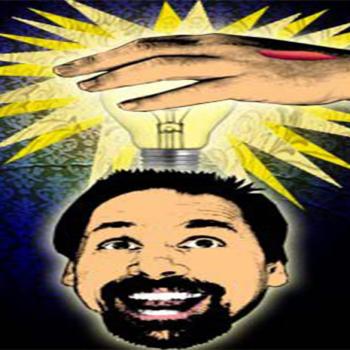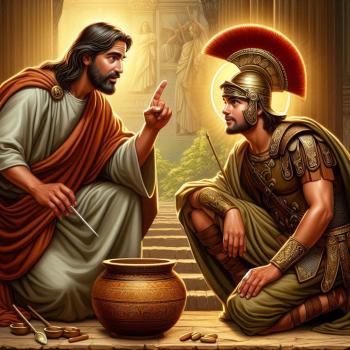In Canto 24 of Dante's Inferno Virgil says to Dante:
A swan's down seat and a soft blanket just
Keep you from fame, without which no one who
Consumes his life leaves more trace in the world
Than smoke in air and foam on water do. (Clive James translation)
It's difficult to deny that some adversity is important to living the good life. We learn from adversity; it helps form our character. Sometimes it teaches us virtues such as patience. And it usually gives us more sympathy for others who suffer misfortune. Virgil is right to advise Dante against looking for a swan's down seat and soft blanket. But surely the classical tradition that Virgil represents is wrong to think that the object of our lives is fame.
We have our own versions of that aim: aspiring for public office, creating a start-up company to be bought for an unbelievable sum of money, writing an academic book that is definitive in its area, achieving Hollywood or other stardom. In my case it was hoping to bring about significant long-lasting changes in the general education programs of the university.
If we are lucky, we discover that our aims, even if achieved, are easily forgotten. Few of us will ever produce any change in the world that is recognized and obviously long-lasting. But all of us can create changes that last even if they bring no fame.
Neither of my sets of grandparents was successful by the usual measures. They had little education. They made little money. They had no political or social influence. I doubt that anyone outside of their families remembers them, and even those who remember them personally are old enough that soon none of us will be left. If they are remembered at all, it will be through stories passed on by we who knew them. Otherwise, they will only be names on a family tree and faces in old photographs. That is the fate of almost every human being. We will be forgotten within a generation or two of our passing.
In spite of that, my grandparents left a trace. Of course they left their genetic trace, but more important they left the traces of teaching, instruction, and example that were given to their children and continue to be handed down. That is a trace which all of us leave, whether as parents or as teachers and friends. Our names will not be associated with the trace for very long, but the trace will be there, named or not.
All of us are teachers. We all show others what we believe it means to live well, what it means to be a good person, how we value others and ourselves. The teaching we do in our daily lives with those we love and those we simply come into contact with, continues a trace that began before us and will continue past our personal demise.
Adversity teaches us what we, then, can teach others. Usually that teaching isn't done consciously. Teaching others is part of what it means to be alive. But without adversity we have less that we can pass on to others.
So I recommend revising Virgil (unpoetically): A swan's down seat and soft blanket keep us from the virtues learned through adversity, but without those virtues we leave even less of a trace in the world than do smoke and foam; in contrast, with them we leave a real though usually invisible trace.
12/2/2022 9:09:20 PM





